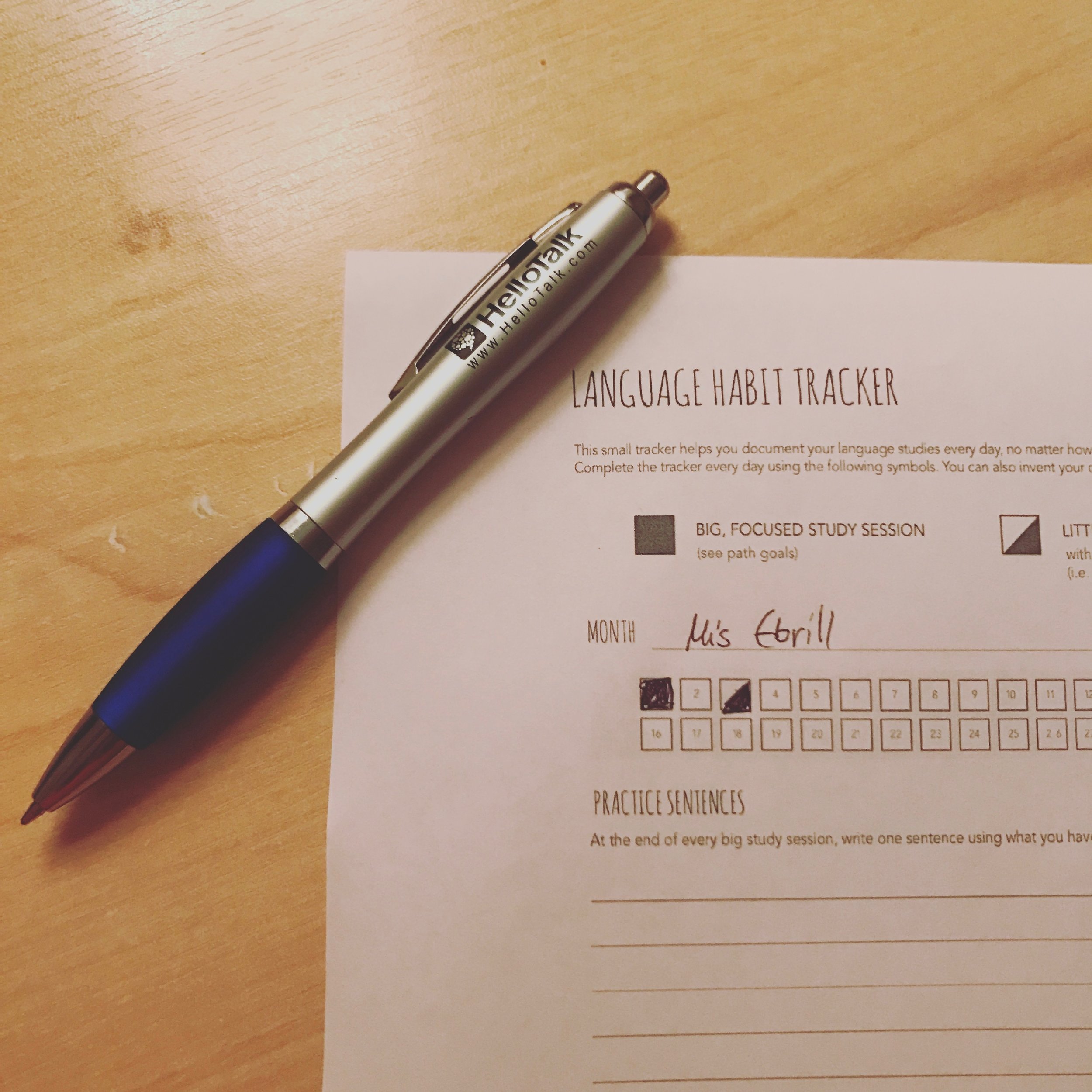Today I want to write an article introducing you to some software that might really go some distance to keeping you learning languages online. It's called Yabla, and online at Yabla.com.
What I like about Yabla is that the system is not in a specific learning method or a big method that you have to learn first. Instead, their special software is designed to make that target language video world accessible.
Here's how it works
The materials come from TV, film and music videos in the original language. The system gives access to native language videos and allows language learners to watch things in the original language, understand them, expand their vocabulary and quiz themselves on listening comprehension. So in other words, if you've ever wasted an hour on YouTube this is your thing.
All videos display in the Yabla player, which looks like this:
I've annotated this picture for you so you can work out what the different sections are about. We have
- Control buttons. The coolest ones are "Slow" which slows the whole video down without sounding like it's creepy monster talk (i.e. it's pitch corrected) so that you can understand the native speakers better, and "Loop" which will run a very short section on a loop until you are ready to move on.
- Subtitles. These are available in the language of the video (here it's German) and the menu language (here that would be English), but as you can see there is a little "Hide"/"Show" menu on the right hand side so that you can watch the video with or without subtitles.
- Subtitle Lookup. Every word in the subtitles is clickable, and will show up in the dictionary once you click on it.
- Difficulty rating. Yabla tells users how difficult it thinks the videos are and rates them from 1 to 5. For example, my French is good enough to watch a 4/5 video without any subtitles, but I want them on for 5/5.
- Game. The in-video game is a listening comprehension exercise, asking you to find the missing word in any phrase contained in the video. Yabla regularly publishes the high scores so I'm pretty sure you couldn't resist if there's a bit of a competitor in you.
- Dictionary. Yabla player searches various dictionaries, or Wikipedia, for every word that you click on in the subtitles. This way you get the benefit of several uses and you can see the word used in a sentence straight away.
Here are two of my favourite demo videos:
- Piggeldy und Frederick - Der Himmel: Piggeldy and Frederick are cartoon pigs and they live and learn, and have done this for as long as I can remember. I used to enjoy them when I was little, and still enjoy them today. Suitable even for early learners (or 2/5 on Yabla's own difficulty rating).
- Canadian Chocolate Seller - Chocolats: The lady makes chocolate. The video contains chocolate. I think now I'm hungry.
In conclusion, I think you guys should give Yabla a go. A 1-month subscription costs $9.95 and it's refundable within 7 days, so that you can test drive the system thoroughly. The system is great for:
- listening comprehension: slow it down where you need to.
- writing skills - take notes and compare them with the subtitles afterwards
- growing your vocabulary - write down new words and quiz yourself or use the in-built Game and Flashcards features.
Yabla is available for learners of English, French, Chinese, German, Spanish and Italian.
Final message to Yabla: Where is the Russian version? I can't wait!
Final message to you: Fluent Language's blog is an affiliate partner and receives a small commission if you decide to sign up for a Yabla account, so thanks in advance if you do!







